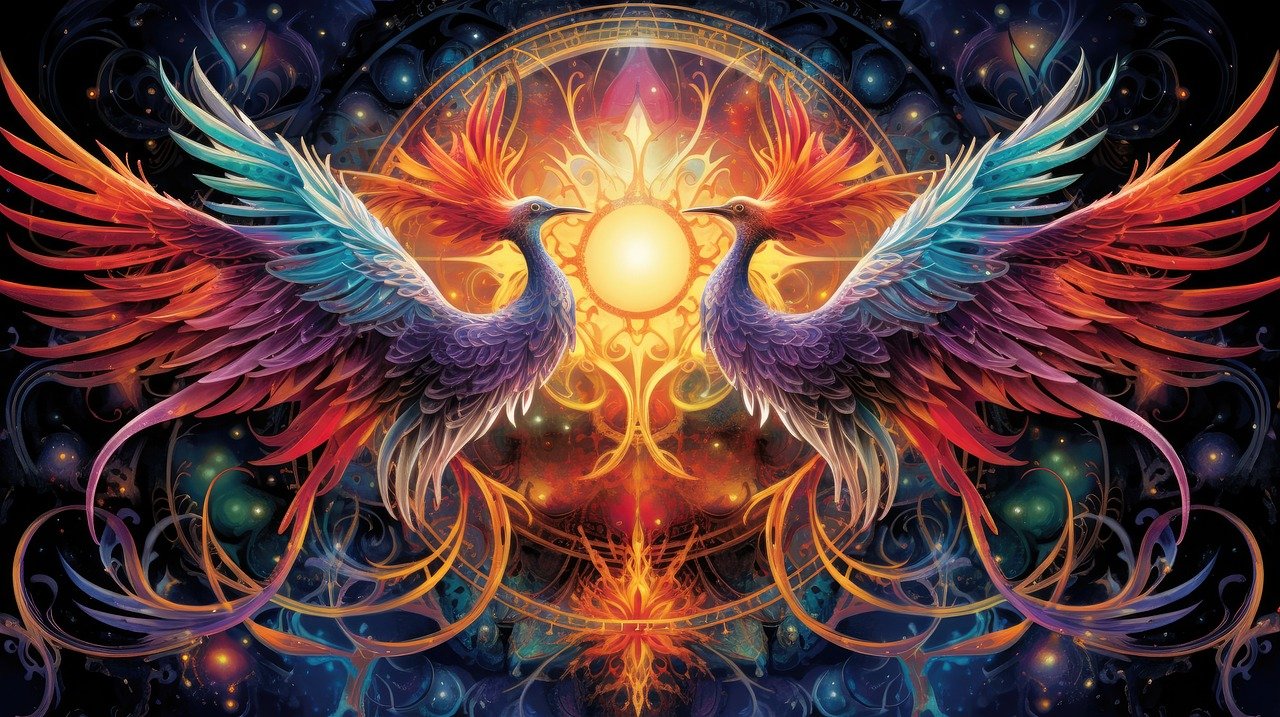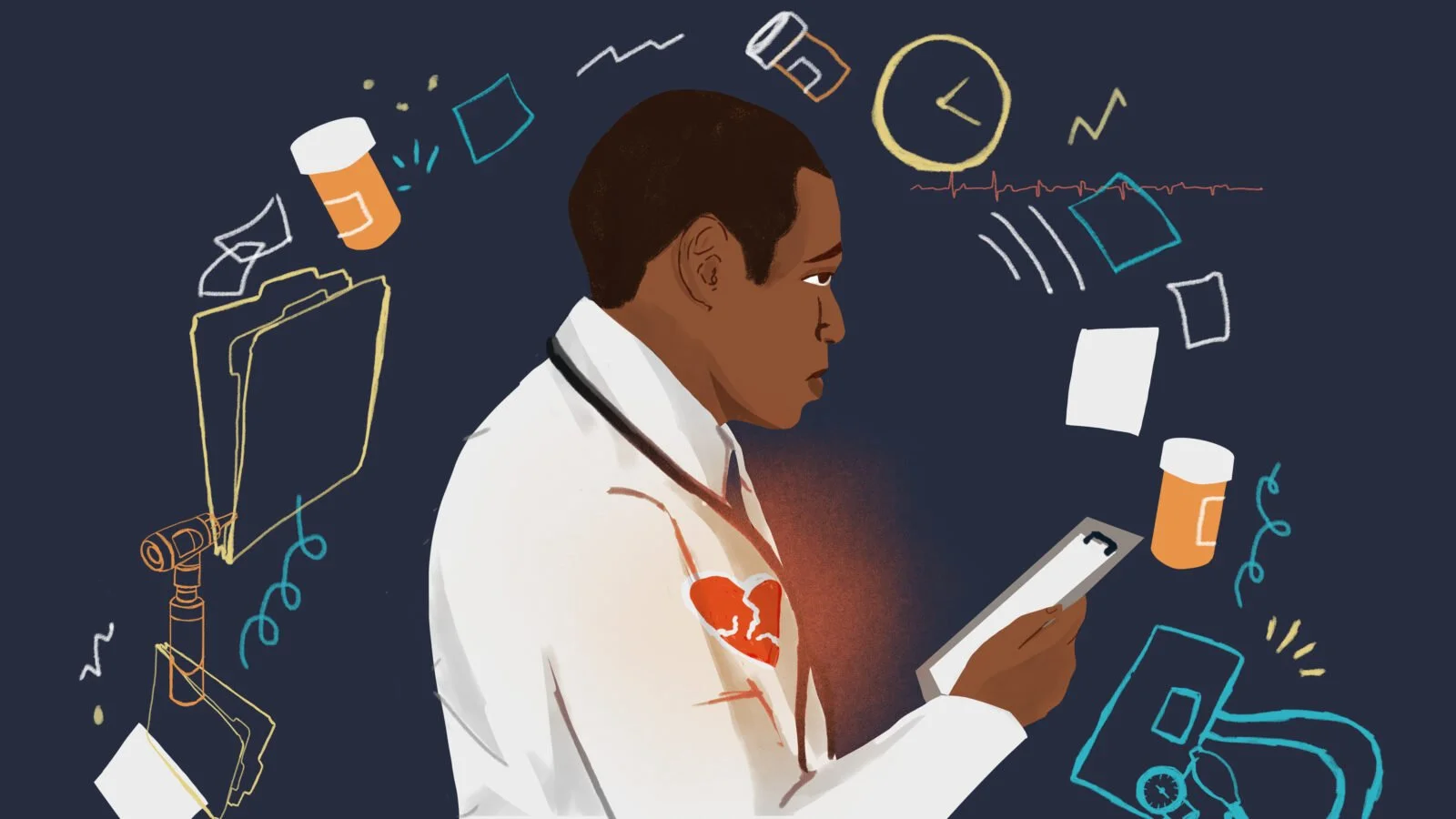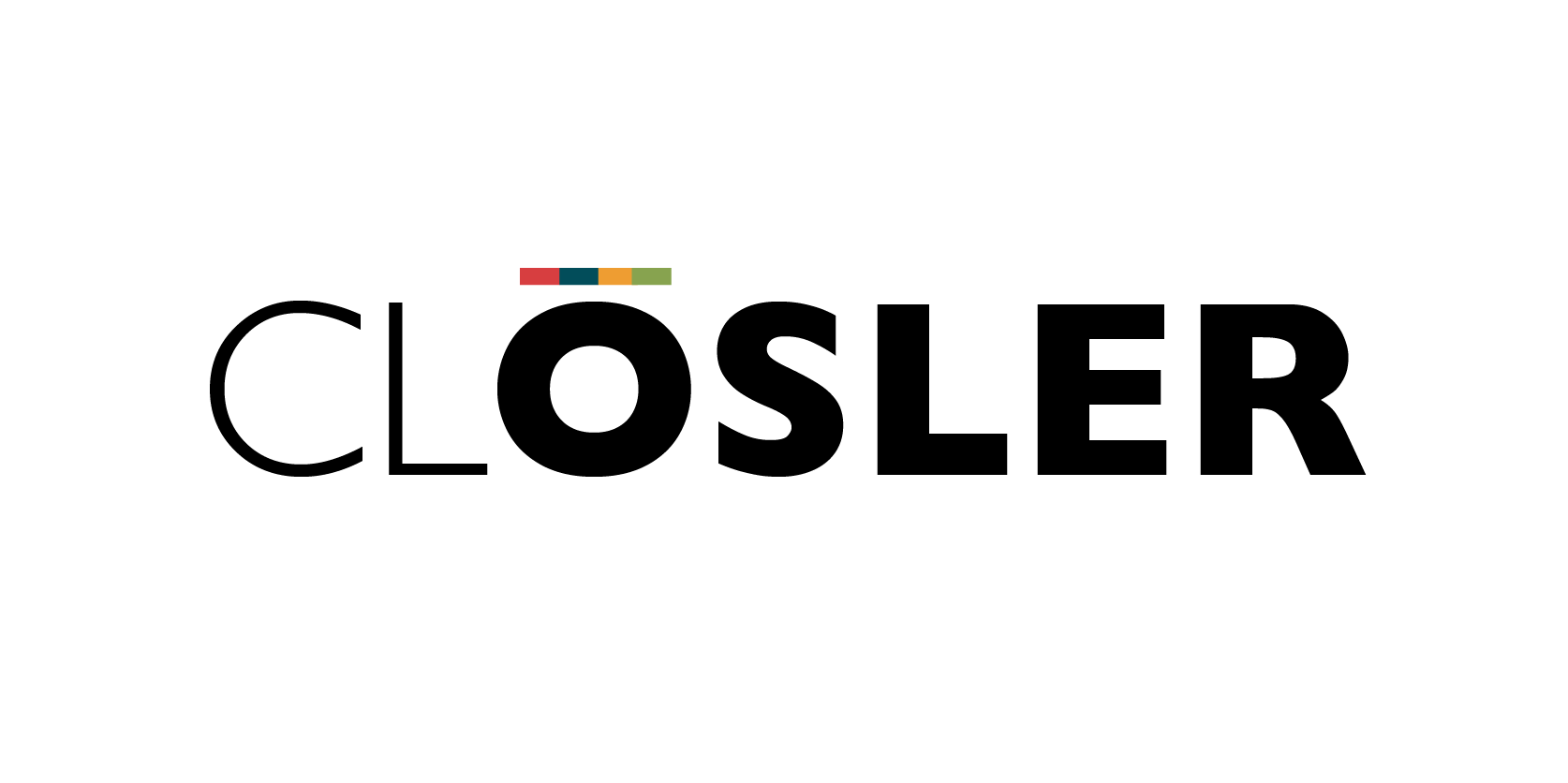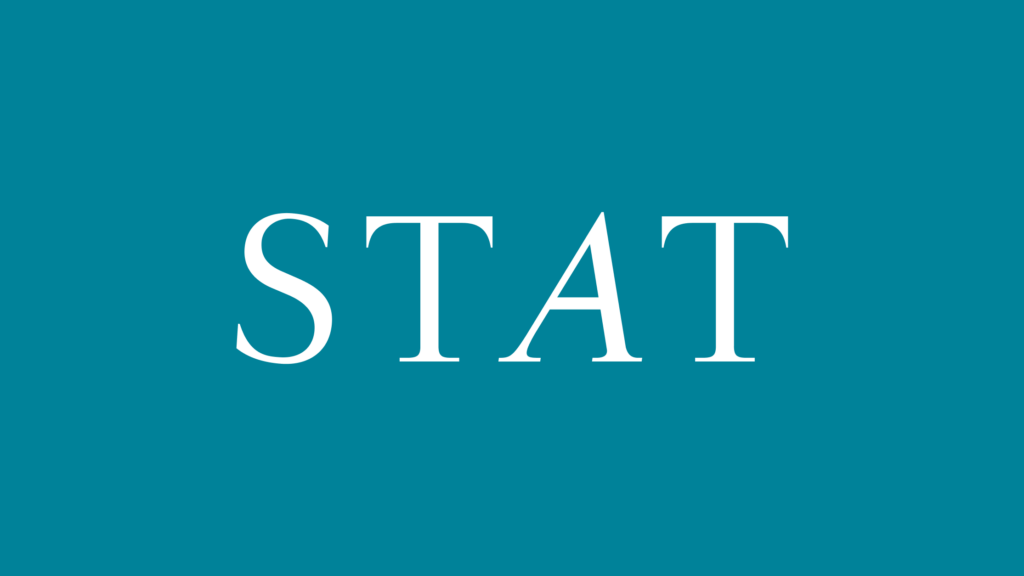
Op-Eds
Below are stories that I have been fortunate enough to publish in various journals and magazines since May 2020. I hope you enjoy these pieces of my inner self, my inner dreams of a better world, and thanks for taking the time to read them!

Being a Queer, Black, Unicorn-Phoenix Psychiatrist who Lives with a History of Depression

I’m a Psychiatrist and Here’s What I Want People to Know About My Suicidal Ideation
Content warning: This piece contains descriptions of suicidal ideation and suicidality. If you or someone you know is in crisis, please contact the National Suicide Prevention Lifeline at 988.
A single thought ran over and over and over in my mind as I tried to remain standing in the shower.
Today is the day I kill myself.
The steaming water from the showerhead didn’t warm my body or mind gripped by panic and suicidal ideation. I was in survival mode. Tears streamed down my face, and I felt embarrassed by my weakness. My lips trembled. I couldn’t allow myself to vocalize the screaming inside.
I'm A Black, Gay Physician. I'm Here Today Because My Friends Saw Me — All Of Me
On my phone's lock screen is a photo I draw strength from daily. On the steps of the pantheonic building where I attended college and graduate school, I stand with over a dozen close friends. Our hands intertwine; our arms fondly encircle each other’s shoulders. We wear the button-up shirts and dresses of college grads, but on our heads, each one of us sports a tiara.
We stand as chosen family, one month before I leave Massachusetts to start medical school in Chicago. I don’t know it then, but what I learned from them will save my life in the years to come.
The Masks We Wear to Survive: A gay, African-American physician relied on personas to endure his medical training
It is 2018, the second year of my psychiatry residency training, and I’m in the shower, unable to stop the doubts: “What if I don’t know enough for my patients?” You know more than enough. “Do I remember that exact mechanism of that specific drug?” It’s okay to not remember everything. “No, it’s not. You’ve learned for certain people it’s not.” You’re going to be okay. “Am I?” You’ve prepared enough. “Have I?”
As a psychiatry resident who is African-American and gay, I am accustomed to the doubt. I am a doctor—a good one. But the second I step foot outside my apartment, I am reduced to my skin color and sexual orientation. A physician’s job is to help and to heal patients at their most vulnerable. Doctors themselves are rarely allowed to let their guard down, however. And for minoritized physicians, the pressure to be “perfect” is even higher; they aren’t allowed to be less than perfect. And even perfection is too often not enough.

Understanding 'Minority Stress' Saved My Life
I lay in my bed, trapped. Tears cascaded slowly from the corners of my eyes as the self-loathing sought to consume me. Suicidal thoughts chased themselves around my mind. By my second year of medical school, my depression had shattered my sense of self. Because of the bullying I experienced as an African-American, gay medical student, I planned to end my life.
Thousands of instances of discrimination play over and over in my head: a dean who dismissed my concerns about untoward bias I was experiencing; a classmate saying “that’s so gay” as a pejorative statement; other classmates ignoring me in the hallways or at parties only to ask for my help, as their class president, in private because I had “talked too much about being Black and gay.”
Life After Depression: A Physician in Remission
“Life before death. Strength before weakness. Journey before destination.
I will protect those who cannot protect themselves.”
– Ideals of the Knights Radiant, The Stormlight Archives by Brandon Sanderson
My steps are light as I walk the streets of San Francisco underneath a sky of deepening night. While my headphones play songs by my favourite Kpop group of all time – 9Muses – an unconscious smile spreads across my face. I’m an African-American, gay male in my first year of child and adolescent psychiatry fellowship, dancing down the street, not caring how it looks to do so. My spirit hasn’t been this calm in seven years.
Unbidden, but not completely unexpected, other thoughts arise. Ones from which I’m not sure I’ll ever be completely free. Musings that take me out of the moment of evening tranquillity.
'As a Black, Gay Physician, I've Survived In America By Embracing My Anger'
I'm pretty sure time has stopped. Or maybe it's simply that my heart has been forced to cease its beating. I feel as though I'm watching myself from afar, observing my eyes widen as they read the word before me over and over and over. Six letters strung together to form one of the most destructive words in the English language. One of the most painful words in any language.
"N-----."
I sit at our kitchen table, a freshman in high school. A gay, African American male, about to go to a high school dance, reading the word sent over instant messenger by two of my classmates. Part of my heart breaks. The word used specifically to remind Black people of their supposed place in society. I'm not that word but now I am viewed as that word. I'll never have the luxury of forgetting this first that I never wanted; this first that I did not deserve.

Experiences as a Black, Queer Physician in Medicine

Taking Back Our Voices — #HumanityIsOurLane
I couldn’t get out of bed after reading the headline about the murder of George Floyd by a Minneapolis police officer. I lay there in silent horror, staring at the ceiling, utterly numb. I couldn’t unleash the scream of pain inside. It took me 2 days to get past the deadened feeling. Then the tears finally came, and they didn’t stop for days.
It took me that long as a psychiatry resident. It took me that long as someone who deals with and holds others’ emotions on a daily basis.
As a black, gay man in America, I thought I’d be used to these acts by now. Hearing about black Americans being murdered by law enforcement should no longer faze me, right? I shouldn’t be so affected by the violence experienced by LGBTQ+ people, right? After all, these things happen every week. But I’m still not used to them. They take a piece of me every time.
It Is Right to Leave: Rank List Decisions as a Minoritized Medical Trainee
“Look at what you taught me
And for that, I say
Thank you, next (next)”
–“Thank U, Next”
-Ariana Grande
My fingers tense. Frozen not of my own accord. I want to do this, but I can’t. I need to do this, yet the anxiety grips at my mind and throat, stalling what should be an easy decision. I physically cannot do what needs to be done. My breath hitches. Thoughts I’ve had millions of times chase each other around my mind with gleeful abandon. As a Black, gay medical student in my fourth year, what I’m about to do has so many repercussions and permutations. So much so that I feel stuck, unable to be decisive when decisiveness is necessary.
It should be easy to certify my rank list. It should be easy to lock in my ranking of the 10 programs where I interviewed for psychiatry residency. It should be one of the easiest things I’ve done in medical school. Yet, after working towards this for over three years, strategizing my escape from the nightmare that has been the last few years, here I am, unable to click a simple button. All my heart has longed for has been to flee. To fly from Chicago and return to my friends from college and graduate school at MIT who still reside in Boston. To return home to their waiting arms.
My Black Mind Is Not Yours — The Minority Trap During Interviews and How to Avoid It
“You could help us with our diversity efforts. If you came here, you could be a part of building up our diversity program.”
Who said I wanted to help with your diversity efforts? Why hasn’t it been built up already?
“We value diversity here. You will be supported for who you are.”
All I hope is for that to be true.
“So, I see that you’re interested in diversity stuff.”
That’s what you took away from the C.V. I prepared for you?

STAT News: I’m a Black psychiatrist. I’m never prepared for the emptiness and grief I feel when police shoot a Black person
“It’s a beautiful dream, stopping the wheel. You’re not the first person who’s ever dreamt it.”
“I’m not going to stop the wheel. I’m going to break the wheel.”
— “Game of Thrones”
Another day. Another Black person in America shot by police.
I should be well-equipped to deal with the emotions that arise in me every time such an event occurs. As a child and adolescent psychiatrist, I hold the emotions of others every day. I sit with patients in their darkest moments. I support them after they’ve attempted suicide. I work with others to safeguard our patient’s seemingly shattered dreams and reassure them that they aren’t alone. I deploy my expertise with words and medications to help heal their minds.
I’m also African American and gay. All of the skills forged over seven years of medical training aren’t enough to stop what happens to me every time a Black individual is shot in America. A lifetime of being Black and gay in America hasn’t made me “tougher” — it has made me more susceptible to racial pain.
A Physician’s Experience of Bigotry in Medicine
“So now you think I have all these implicit biases, don’t you?”
My Caucasian attending rolls his chair towards me. The words are already out of his mouth. And now I’m acutely aware, once again, that I’m African-American, gay, and in a position of hierarchical vulnerability. I’m alone in this room with him. All because I wanted to privately address that he called me the name of the only other African-American doctor in our program in front of everyone during morning rounds.
His words hang there as he does that thing he does where he stares. Calculating as I scramble for a response. The rolling feels like a threat. I have a panic attack, and that all-too-familiar vice locks around my mind. Nightmarish fingers squeeze my heart so it’s fit to burst. My breaths become shorter. My body flushes with ice.
A Reflection During Pride: Being a Gay, African-American Psychiatrist
At a café in the Castro in San Francisco, I sip my herbal mint hot tea with vanilla soy milk and just a dash of honey. Waiting for his order is another gay man with a pink backpack who smiles as we look at each other. Outside, LGBTQ+ couples walk with each other, such an ease to them that it almost makes me forget how until I lived here, I used to spend an eternity just deciding whether it was safe to hold a partner’s hand. Here, it all seems so normal. Here, it is normal to see such displays of affection that are so essentially human.
My mind is inevitably drawn into thoughts about Pride and being a gay, African-American, child and adolescent psychiatry fellow – after all, I am an introvert who is constantly reflecting on the past, present, and future. Along with those thoughts about Pride this year come the thoughts about the past year of fellowship, as well as the past seven years before that. I don’t like to think about medical school or residency because of experiences there, but they are forever part of who I am.

Minority Stress in Medicine and America

Medical Schools Are Failing Minority Students
As a society, we imagine that hospitals are places where healing occurs. Being a doctor remains one of the most illustrious careers that a person can aspire to. In those supposedly hallowed halls, cancer is sent into remission. People with suicidal ideation are supported until their plans to harm themselves remit. Those experiencing a heart attack are given medications that can save their lives. Truly beautiful stories of recovery are told about those aforementioned halls.
But, is that dream of safety and healing true for everyone? Is the hospital truly a safe space for all who work there? What if those halls hide a terrible not-so-secret secret?
The Weaponization of Professionalism
It’s not every day you see hundreds of doctors flooding Twitter with pictures of themselves in swimwear. The trending hashtag #MedBikini arose when health care professionals began posting in solidarity to demonstrate how maintaining a life outside of the clinic, shockingly, does not detract from one’s merit as a physician. In fact, it makes them more human.
This past week, an article published in the Journal of Vascular Surgery outlined the prevalence of, what the authors deemed to be, “unprofessional” content found on young surgeons’ personal social media pages. The article’s criteria defining what constitutes online professionalism is objectionable.
We're Kind to Our Patients, Why Not Each Other?
Far too often in medicine, medical students feel as if they're blowing in the wind. Many struggle with finding their place and identity as budding physicians. On top of the stress of learning thousands upon thousands of medical facts, they must also learn to navigate intense competition. There's even a term for when colleagues degrade their fellow medical cohort for the sake of their own interests: gunner. There's also a common phenomenon of feeling inadequate known as imposter syndrome. Even for the most academically adept, the incredible amount of ambiguity weighs heavily on students.
Suffice to say, medical school is often far less about learning facts and more about navigating the minefield of social dynamics constantly at play.

How to Talk about Diversity with Minority Physicians
“You’re my first African-American friend.”
Good gods, not again.
“What’s it like being Black in America?”
I actually identify as African-American. And well, it’s America, so not great.
“How’re you doing after George Floyd?”
Numb, full of sorrow that’s threatening to overwhelm me, fury that murdering African-Americans continues unabated as usual, despair that what I see in the hospital is but a microcosm of the macrocosm that is America, unfulfilled hopes that America will be better, but I’m coping. It’s what I do. I’m coping, smiling, and must go about my day being the perfect physician.
Because physicians who are minorities can’t be anything less than perfect.
How to Discuss Minority Stress with Patients
I’m about to do something I’ve never done in medicine.
I’m working an overnight shift in our hospital’s emergency department. I’m an African-American, gay, psychiatry resident on yet another overnight shift. I’m burned out. I’m exhausted by the daily discrimination myself and other minorities face as our intelligence is questioned, we’re told we’re unprofessional, and far worse.
Yet, here I am, once again playing the role of the ever-caring, ever-perfect resident. And this moment might be the most important in my medical training thus far. I’m about to ask my patient specifically about minority stress for the first time. For, across from me sits another patient for that night.
Respecting All Patients
“When he—.”
The sentence that comes from the staff member’s mouth is already wrong. I know it’s wrong. Everyone knows it’s wrong.
Those aren’t the patient’s pronouns.
The whole room tenses. Everyone waits for someone to say something. Everyone waits for someone else to say something.
The silence stretches into cringe-worthy infinity. It’s one second and a lifetime.

Lagniappe Literature and Arts Magazine: Do You Really See Me?
Do you really see me?
Or do you only see the Black, gay doctor?
Do you really know me?
Or do you cherry-pick the parts of me you’re most comfortable with?
Do you really hear me?
Or do you hear what you want to, without hearing the pain, the sorrow, the wish for better?

Being a Psychiatrist during Covid-19

Health care workers aren’t heroes. We’re human, and we need your help
In superhero stories, we aren’t privy to all of Black Panther’s worries. We don’t hear often enough about the nightmares Spider-Man has after a scary day at work. We rarely get to see the nuances of who supports Rogue once she’s done fighting battles. Because it’s not sexy to talk about what comes after the fights — we want to see our superheroes as strong.
The story’s the same when it comes to health care workers. Posters calling us “heroes” have always felt like a deflection from policy changes and true support.
We’re psychiatry residents. We will take good care of you if you get Covid-19
As the number of Americans with Covid-19 rapidly rises, doctors are among them, having no special immunity to the virus. They are being quarantined in large numbers, leaving hospitals short of staff to care for the influx of Covid-19 patients. In response, these facilities have started redeploying specialists like ophthalmologists, dermatologists, and even psychiatry residents like us to treat patients on coronavirus floors.
Sure, we’ve heard the mocking memes like, “Don’t go outside unless you want a psychiatrist treating your pneumonia.” We’re accustomed to people thinking psychiatrists aren’t real doctors. We’re usually OK with the jokes, but not now. During the pandemic, they are creating unnecessary fear.
COVID-19 Highlights Longstanding Discrimination Against Minority Physicians
The headline of the article sent by a colleague hits my heart. I can’t read further. I’m tired of reading these sorts of titles. I’m exhausted by reading headlines about interactions between African-Americans and the police. I don’t read such stories anymore and I desperately try to avoid them.
I constantly have to deal with racism and homophobia. In Boston. In America. When I leave work and go home, I have to prepare to deal with the same prejudices the following day. Why would I ever go out of my way to read such stories in my spare time, as I recover from the day behind me?

Grateful for #MedTwitter in 2020
“Holding you close, and giving you kisses . . . aren’t the only symbols of love. Watching over someone from afar is a kind of love, too.”—Sailor Pluto, “The Sailor Moon Series”
This year, known to many as “The Dumpster Fire 2020,” could also be nicknamed “The Year of Isolation.” We’re entering the second wave of a pandemic that has taken the lives of over 300,000 people. Physically distanced meet-ups, wearing a mask, and Zoom-fatigue are the new normal.
In America, there’s been a rise in hate crimes and people who are minoritized fear for their lives, rights, and physical, mental, and emotional safety. We’ve faced economic hardship, wildfires, and hurricanes. We have members of the government who believe that a $600 check is enough for the everyday Americans but corporations deserve millions.

Coming Soon!
More op-eds are in the process of being written, are currently on submission, or are accepted and in the process of being edited by an editor!
I’m looking forward to sharing them with you when they are published!























